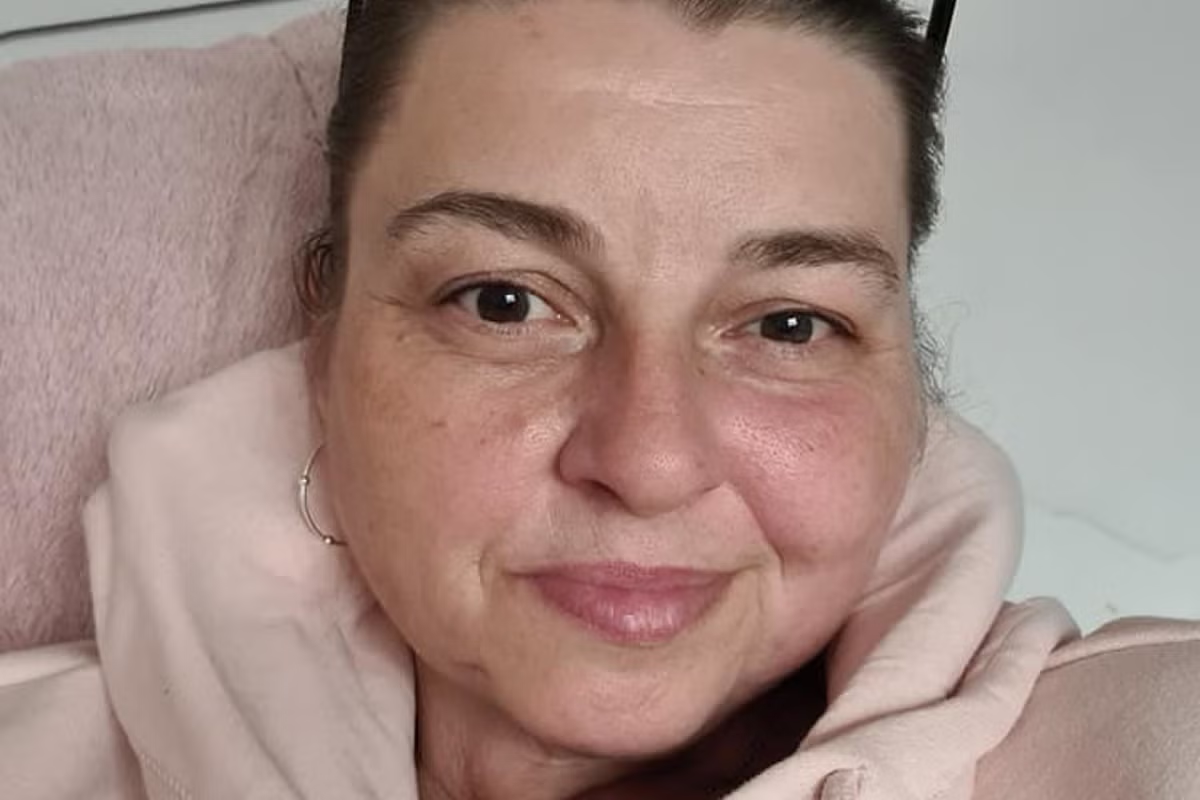Addressing changes in physical and mental health across the life cycle is an important step needed to empower women and help them understand how to care for their health.
(Lieutenant Colonel) Dr Leena N Sreedhar, HOD and Consultant, Obstetrics and Gynecology, HOD Academic and Research Department, Manipal Hospital, Dwarka, discusses women's health
Women's health experiences and challenges evolve throughout their lives, from the transformative period of puberty to the menopause transition. Addressing changes in physical and mental health across the life cycle is an important step needed to empower women and help them understand how to care for their health.
Puberty
At this stage, the body begins to function like an adult. It begins to release hormones and begins to produce eggs. Between 10 and 14 years old, the body begins to show the following signs:
- Changes in body shape, such as breasts and hips.
- Vaginal hair growth
- Intensified emotions
- Behavior changes
- Attraction towards the opposite sex. Periods usually occur after 2 years of puberty and may initially be painful. With this, they may experience emotional fluctuations, acne, and body image issues.
Managing changes during puberty:
- Talk openly about the changes with your parents or older brother.
- Increase your intake of fruits and vegetables to obtain iron, calcium, vitamins, etc., and avoid fatty and processed foods.
- Learn about hygiene during menstruation. Clean your vagina with water and avoid harsh soaps.
Adolescence and youth
The age of 15 to 25 years is considered the transformation phase. In this, you try to get comfortable with your body and discover who you are.
Wellness Tips for Teens and Young Adults:
- Don't let peer pressure get to you. If so, seek help.
- Your mental health should be your priority.
- Don't compromise your dream; It is the opportunity for your body to recover.
- Focus on a balanced diet that works for your day.
Health problems to pay attention to are polycystic ovary syndrome (PCOS) and polycystic ovary disease (PCOS), which are the reasons for absent or irregular menstrual periods, weight gain, hair loss, acne and infertility. Both problems are easy to manage with lifestyle changes. With this, there is also the possibility of an increase in breast, ovarian and cervical cancer. It is important to raise awareness about women's health and become familiar with the cause and symptoms.
Menopause
It is the year after the last period. During this phase, women experience unexpected heavy bleeding and during this time uterine fibroids should also be looked for.
During menopause, depression and anxiety become your companions and to get through this time, you should talk to family and friends and make sure you lead a good lifestyle.
Tips for a healthy lifestyle
- Health checkYou will increase your chances of detecting any chronic disease early, which in turn will increase your chances of doing something about any health problems in the future.
- Good amount of quality sleepTo have a stress-free mind and a healthy body, always get the necessary amount of sleep.
- Eat healthy foods and stay activePeople should avoid fatty and processed foods and should have a diet that consists of more fruits and vegetables. Even 20 minutes of physical activity a day will keep your weight in check and your stress level maintained.












